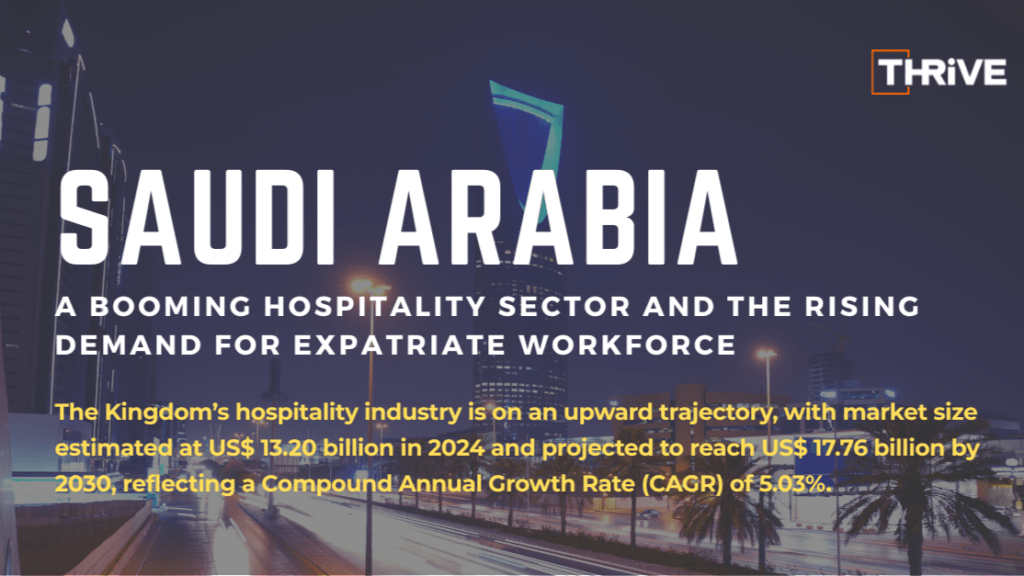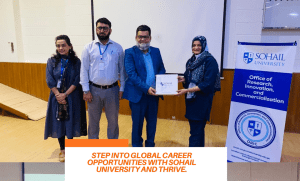Saudi Arabia’s hospitality industry is undergoing a massive transformation as part of Vision 2030, a strategic initiative aimed at diversifying the economy and positioning the Kingdom as a global tourism hub. Among the latest developments in this space, Accor, one of the world’s largest hotel groups, has announced its ambitious plan to introduce 45 new hotels across Saudi Arabia by 2030. This move signals a major investment in the Kingdom’s tourism sector, further reinforcing its goal of attracting 100 million visitors annually.
As of 2024, Accor operates 41 properties encompassing over 16,000 rooms across Saudi Arabia. This new expansion spans a diverse range of brands, from luxury to economy segments, including the introduction of design-driven brands such as Tribe and the Handwritten Collection. Notably, the Novotel brand has seen substantial growth, with nine existing properties and plans to add six more by 2030, contributing approximately 1,300 additional keys. However, with such rapid growth in the hospitality infrastructure, there arises an essential challenge, the availability of a skilled workforce to manage and operate these establishments. The demand for trained expatriate hospitality professionals is set to rise significantly as the industry expands to meet international standards of service excellence.
Saudi Arabia has been aggressively developing its tourism infrastructure, investing in mega-projects such as NEOM, The Red Sea Project, Qiddiya, Diriyah Gate, and AlUla. These developments require not only state-of-the-art hospitality facilities but also an experienced workforce to provide seamless service to guests from around the world. Accor’s expansion aligns with this vision, introducing a diverse portfolio of hotels, including luxury, midscale, and budget-friendly accommodations, catering to a broad spectrum of travelers. This rapid expansion will inevitably create thousands of jobs in hotel operations, management, culinary arts, guest services, and facilities management.
The Kingdom’s hospitality industry is on an upward trajectory, with market size estimated at USD 13.20 billion in 2024 and projected to reach USD 17.76 billion by 2030, reflecting a Compound Annual Growth Rate (CAGR) of 5.03%. This growth is propelled by government-led initiatives, including streamlined visa processes and the development of mega projects like NEOM, The Red Sea Project, and Qiddiya, aiming to attract 100 million visitors annually by 2030.
The rapid expansion of the hospitality sector necessitates a substantial increase in skilled professionals to maintain service excellence. In the second quarter of 2024, the number of workers in Saudi Arabia’s tourism sector rose by 5% year-on-year, totaling approximately 959,200 employees. Despite efforts to develop local talent, the immediate demand for experienced personnel, especially in mid to upper management roles, often requires the recruitment of expatriate professionals. These individuals bring international expertise and best practices essential for operating in a competitive global market.
Historically, Saudi Arabia’s hospitality sector has relied heavily on skilled expatriate workers from countries such as the Philippines, India, Pakistan, Egypt, and Bangladesh to fulfill operational roles in hotels and restaurants. With Accor’s expansion and the broader hospitality boom, the Kingdom will require an even larger influx of trained professionals, particularly in areas such as guest relations, hotel management, culinary arts, housekeeping, event planning, and spa and wellness services.
As the hospitality landscape evolves, THRIVE plays a crucial role in ensuring that the sector has access to trained and experienced professionals who can deliver the quality, efficiency, and international service standards required by guests. With large-scale projects, an increasing number of global brands entering the market, and a rapidly growing tourism sector, the need for expatriate talent will only intensify, making Saudi Arabia one of the most attractive destinations for hospitality professionals worldwide.
Accor’s 45-hotel expansion is more than just an investment, it is a testament to Saudi Arabia’s unwavering commitment to redefining global tourism. As the industry scales up, the workforce powering this transformation will be the key differentiator in delivering excellence, innovation, and world-class guest experiences. The future of Saudi Arabia’s hospitality sector is not just about buildings and infrastructure; it is about the people who bring these spaces to life.



















